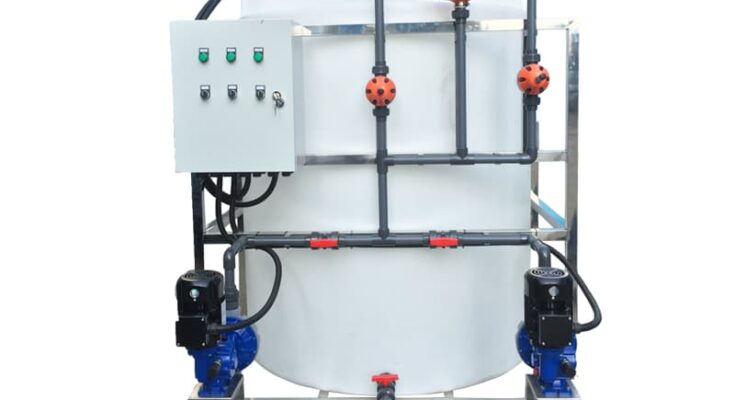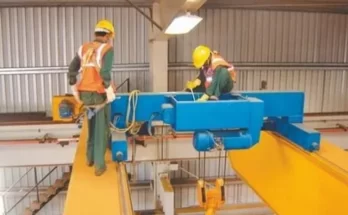In the modern era, industries face a dual challenge of meeting production demands while ensuring environmental sustainability. One pivotal aspect of this endeavor is the integration of dosing systems with environmental monitoring. Dosing systems, which control the precise injection of chemicals and additives, play a crucial role in various industrial processes. When seamlessly integrated with advanced environmental monitoring technologies, these systems contribute to more sustainable and efficient operations.
Precision Dosing for Efficiency:
Dosing systems are integral to industries such as water treatment, agriculture, manufacturing, and pharmaceuticals. These systems enable precise control over the quantity and timing of chemical additions, ensuring optimal performance and resource utilization. Integrating dosing systems with environmental monitoring enhances this precision by providing real-time data on key parameters.
In water treatment plants, for instance, dosing systems can be synchronized with sensors that monitor water quality. This integration allows for dynamic adjustments in chemical dosages based on fluctuations in parameters like pH, turbidity, and microbial content. This allows for more efficient use of resources and minimizes the environmental impact of processing.
Environmental Monitoring for Compliance:
Stricter environmental regulations necessitate industries to closely monitor their emissions and discharge. The integration of dosing systems with environmental monitoring facilitates compliance with these regulations. Real-time data from monitoring sensors enable industries to adapt dosing strategies instantly, ensuring that chemicals are applied within permissible limits.
For example, in wastewater treatment plants, the integration of dosing systems with monitoring technologies can help maintain compliance with discharge standards. By continuously monitoring pollutant levels and adjusting dosages accordingly, industries can avoid costly fines and contribute to a cleaner environment.
Optimizing Agricultural Practices:
Agriculture is another sector that benefits significantly from the integration of dosing systems with environmental monitoring. Precision agriculture relies on the accurate application of fertilizers, pesticides, and irrigation. By combining dosing systems with sensors that monitor soil moisture, nutrient levels, and weather conditions, farmers can tailor their inputs to specific needs.
This integration can not only maximize yield, but also minimize the impact of agricultural practices on the environment.Reduced runoff and optimized chemical usage contribute to soil and water conservation, aligning agricultural activities with sustainable practices.
Smart Manufacturing for Sustainability:
In manufacturing, dosing systems are pivotal in processes such as chemical manufacturing, metal treatment, and product finishing. Integrating these systems with environmental monitoring technologies enhances the overall sustainability of manufacturing operations. Real-time data on air and water quality, energy consumption, and emissions enable manufacturers to make informed decisions that reduce their ecological footprint.
For instance, a smart manufacturing facility may integrate dosing systems with air quality sensors. If pollutant levels exceed predefined thresholds, the dosing system can automatically adjust chemical usage to mitigate emissions, ensuring compliance with environmental standards and fostering a safer working environment.
Challenges and Future Prospects:
While the integration of dosing systems with environmental monitoring brings numerous benefits, it also poses challenges. The complexity of data integration, the need for advanced analytics, and the initial investment costs are potential obstacles. However, ongoing advancements in sensor technologies, data analytics, and automation are mitigating these challenges, making integration more accessible and cost-effective.
Looking forward, the synergy between dosing systems and environmental monitoring is expected to evolve with the advent of the Internet of Things (IoT) and artificial intelligence. Smart, interconnected systems will further enhance precision, allowing industries to proactively address environmental concerns while optimizing their processes for maximum efficiency.
The integration of dosing systems with environmental monitoring marks a significant step towards achieving sustainability in various industries. This synergy empowers businesses to optimize resource utilization, comply with environmental regulations, and contribute to a healthier planet. As technology continues to advance, the integration of dosing systems with environmental monitoring will play a pivotal role in shaping a more sustainable and ecologically conscious industrial landscape.




